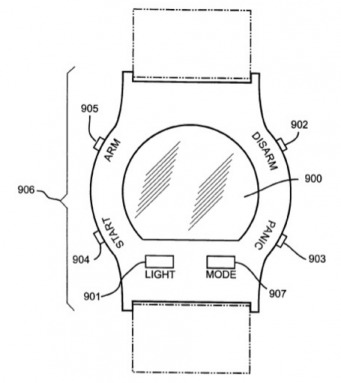Companies, Devs Sued Over Patent For Watches That Control Cars
As smartwatches become more known and more ubiquitous, only time will tell before they become the patent litigation magnet that smartphones are today. Actually, that ball has already started rolling, but for a specific use case. A non-practicing entity or NPE, lovingly called patent trolls, by the name of Intellectual Capital Consulting is suing people left and right over a patent related to how a watch can be used to lock, unlock, and start a car remotely. The lawsuit's defendants are the likes of Apple, Samsung, and probably half the car makers in the world.
One particular defendant stands out from the crowd, an individual instead of a company. Allen Wong is the developer of an app called Remote S which allows a Tesla Model S owner to access features on an Apple Watch. It was Wong who ultimately revealed that there is such a lawsuit, a fact that could have been swept under the rug otherwise. According to ICC, such functionality infringes on a patent it filed in 2003 and issued in 2006. Part of the patent is described thus:
"A remote watch design for a car security system, comprising of a display screen and base with keypad. A user of the remote watch will not only be able to keep track of the time but also will be able to arm/lock, disarm/unlock and remotely start their vehicle by pushing specific buttons on the watch. It is common for people to lose or misplace their keys along with the keyless remote that is attached to the keys."

Some are already pointing out some critical differences between this patent and today's smartwatch implementations. For one, the patent only describes physical keys and didn't imagine touchscreens. For another, it only covers a limited set of functions and seems to imply that the watch itself connects to the car directly. Most smartwatches actually connect to a smartphone which is the device that actually connects to car. It isn't known yet if these differences will actually stand in court, as none of the other defendants have chimed in yet.
Wong says that ICC is asking for an exorbitant amount of money to license its patent, $2 million upfront and $1 million per year. Patent lawsuits are a common tactic to force defendants to pony up licensing fees. Wong says that no individual developer or small company would be able to afford such fees. Even if Wong himself made quite a profit from a previous app.
Wong also notes that the ICC filed the lawsuit in East Texas, a favorite haven for companies suing other companies or even individuals over patents, as the rate of convictions favoring the plaintiffs are quite high.
VIA: 9to5Mac
